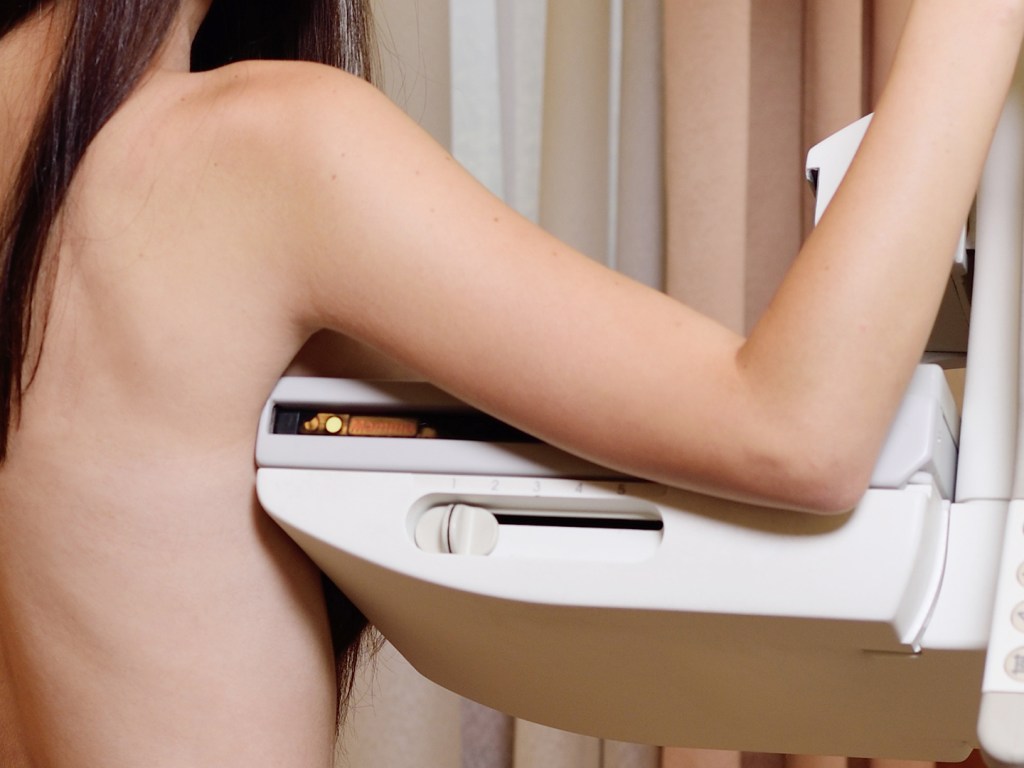Is there a link between IUDs and breast cancer? Here's what the experts say
A deeper look into the recent claim
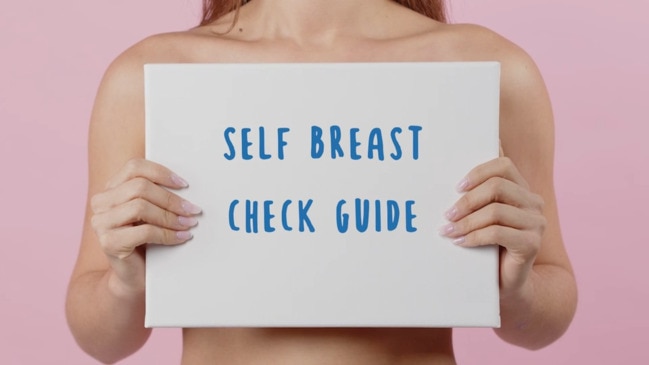
Lifestyle
Don't miss out on the headlines from Lifestyle. Followed categories will be added to My News.
In this article
The latest association between breast cancer risk and hormonal IUDs
What are IUDs and how do they work?
Putting the findings in perspective for women with IUDs
After a new study observed evidence of breast cancer in women using hormonal intrauterine devices, the internet has exploded with misinformation and unnecessary fear. Here’s what you need to know, according to the experts.
Last week, an important new study published in JAMA Network claimed to provide evidence between hormonal intrauterine devices (IUDs) and breast cancer, understandably causing concern among women using the particular form of contraception.
But despite the study’s findings, experts have since weighed in on the correlation. While most acknowledge the validity of the study’s findings, doctors and researchers everywhere are urging women not to worry unnecessarily.
So, why exactly has evidence for breast cancer in women with IUDs been observed, and why aren’t experts concerned about the supposed risk?

What are IUDs and how do they work?
One of the most popular forms of contraception on offer to women, IUDs boast a range of unmatched benefits. Lasting between 5 and 10 years, IUDs – particularly the hormonal kind such as the Mirena – are over 99 per cent effective at preventing pregnancy.
Inserted through the cervix, hormonal IUDs sit inside the uterus slowly releasing a synthetic progesterone called levonorgestrel that mimics the body’s natural progesterone hormone.
Unlike other forms of hormonal contraception, a person’s fertility is readily restored upon the removal of an IUD, making them a popular choice for women looking to conceive quickly.
With the device commonly making periods lighter (or non-existent) and less painful, many women choose to have one inserted for reasons other than contraceptive effectiveness.
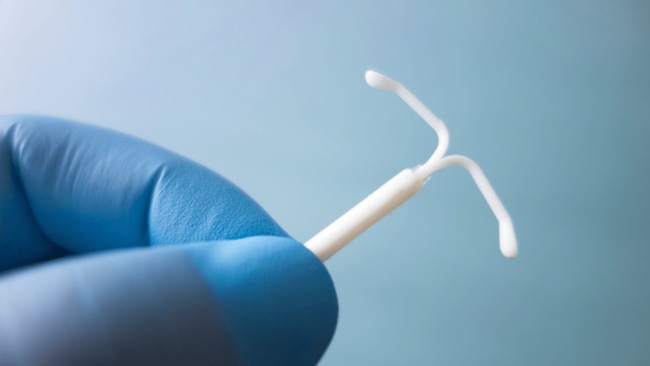
What did the study uncover about breast cancer and IUDs?
Using data from national health registries in Denmark, the research team behind the study set out to establish a link between breast cancer cases and women with a hormonal IUD. Tracking nearly 80,000 people with hormonal IUDs across two decades, health data was compared with an equal number of people without the contraceptive device.
Despite the raw numbers revealing 720 cases of breast cancer in the hormonal IUD group and almost 900 in the other group (indicating IUDs may in fact lower the risk), researchers adjusted their results to account for differences between the groups.
Unlike other health studies where the effects of a medication or treatment are compared to a controlled group of participants, the two groupings in this study were devised on the basis of choice alone; whether someone had chosen to have an IUD inserted or not.
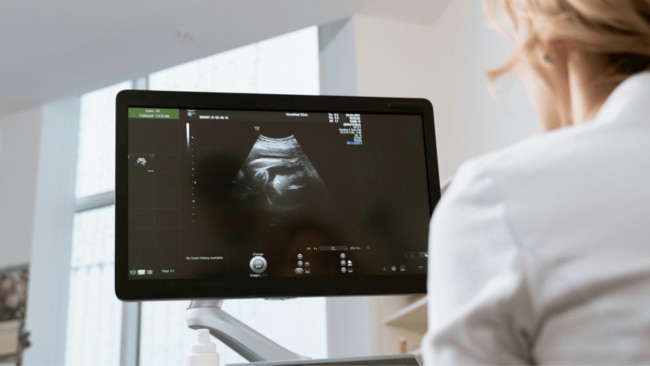
Because of this, several key factors influencing a person’s risk of developing breast cancer were not accounted for, such as age, diet, socioeconomic status, medical history, family history and lifestyle habits.
To ‘even the playing field’, researchers then adjusted their initial findings – based on the participants’ education, age, number of children, and some other medicines and medical conditions –, pushing the numbers to reflect a higher risk of breast cancer among people with a hormonal IUD.
However, other important risk factors such as body weight, alcohol use, smoking and physical activity were not taken into account during the adjustment of the findings, something experts are sceptical about.

Putting the findings in perspective for women with IUDs
As GP Brett Montgomery writes in The Conversation, the study only reports an increase in ‘relative’ risk (30 per cent for women using the IUDs for up to five years, 40 per cent after 5 to 10 years, and 80 per cent after 10 to 15 years of use), which does not tell us the actual proportion of women who will develop breast cancer.
Instead, that information comes from looking at the ‘absolute’ risk, “These are much smaller. For every 10,000 women, this study suggests we might see an extra 14 cases of breast cancer after up to five years of use, 29 cases after 5 to 10 years of use, and 71 cases after 10 to 15 years of use,” explains Dr Montgomery.
“In “absolute” terms – as a proportion of all the IUD users – all of these risk increases are comfortably under 1 per cent.”
The Senior lecturer at the University of Western Australia also references other research that found a much lower relative risk, such as a larger recent Swedish study. “This suggested only a 13 per cent relative risk increase in breast cancer – much smaller than the risk increases in the Danish study. This would mean an additional 1.46 cases of breast cancer for every 10,000 women per year.”
The same Swedish study also looked at the associated risk of other cancers in people with a hormonal IUD, suggesting a decreased risk of cervical, ovarian and endometrium cancers.
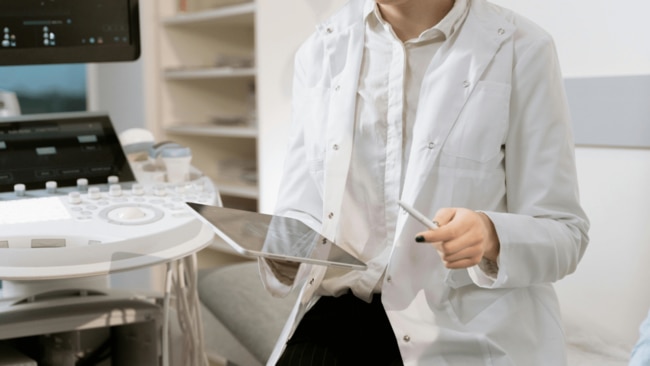
Should IUD users be concerned?
As discussed, the association between hormonal IUDs and breast cancer is actually very small, with some experts stating the findings may even be a statistical illusion rather than a real thing.
Additionally, even if the hormonal IUD does increase the risk of breast cancer by a relatively tiny amount, it may offset the risk of several other cancers.
Ultimately, after breaking down the study’s findings, it can only be said that there is an existent link between breast cancer and hormonal IUDs, not that the latter causes the former.
If a hormonal IUD is your preferred choice of contraception, there is no statistical reason to have it removed.
As always, speak to your GP or women’s health expert to discuss any discuss concerns.
More Coverage
Originally published as Is there a link between IUDs and breast cancer? Here's what the experts say

